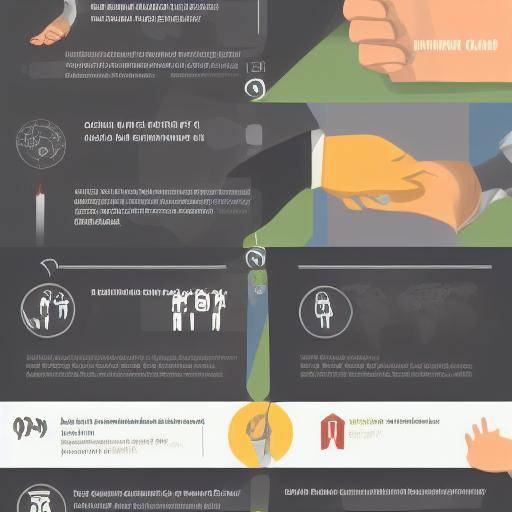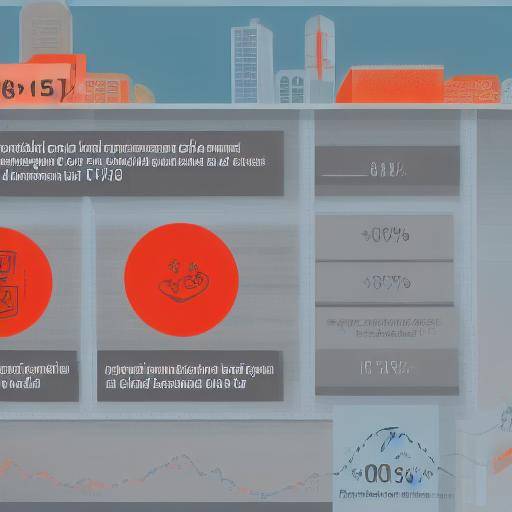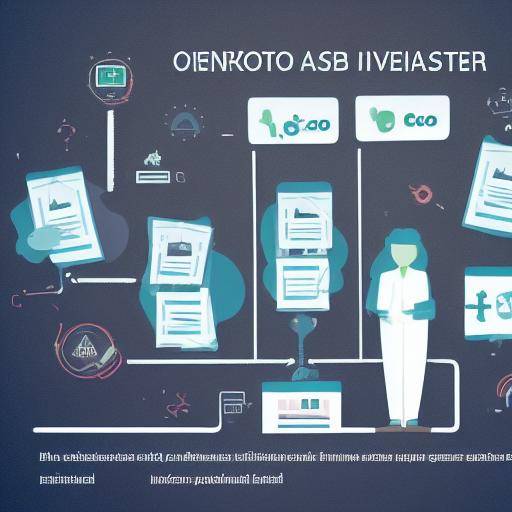
In today's society, the ease and speed of obtaining quick loans can be tempting in emergency situations or urgent need for money. However, the lack of caution and careful evaluation of financial options can result in long-term adverse consequences. In this article, we will explore how to avoid falling into the trap of quick loans through informed precaution, evaluation and decision-making.
Precaution: First Defence Line
Caution is the first crucial step to avoid falling into the fast loan trap. Before committing to a quick loan, it is essential to act cautiously and fully understand the financial implications. Some key points to consider include:
- Exhaustive research: Before opting for a quick loan, it is essential to investigate and compare the various options available on the market. Evaluating the terms, interest rates, additional fees, and the reputation of the lender is essential to making an informed decision.
- Aware of the risks: The ease and speed at which quick loans can be obtained often conceal the financial risks associated with them. Lack of caution in this regard may result in unsustainable levels of debt and long-term financial vulnerability.
- Consultation with financial advisers: In situations where the need for a quick loan is essential, seeking professional financial advice can provide an objective vision and help to evaluate the options available with greater knowledge.
Evaluation: The art of making informed decisions
A careful evaluation of financial options is a critical step in the process of avoiding the obstacles of rapid loans. In considering quick loan options, it is essential to undertake a comprehensive evaluation, which may include:
- Refund capacity analysis: Before committing to a quick loan, it is essential to evaluate one's financial capacity to cover payments. Overestimating repayment capacity can lead to significant financial difficulties.
- Review of alternatives: Instead of automatically opting for a quick loan, it is important to explore alternatives such as adjusting the budget, seeking additional income, seeking family or friends help, or considering more traditional loans with more favorable interest rates.
- Long-term impact assessment: In assessing quick loan options, it is crucial to consider long-term implications. This includes analyzing how the loan will affect long-term financial stability, as well as its implications for credit score and the ability to obtain future credit.
Substantial decisions: The way to financial rationality
Making informed decisions is essential to avoid falling into the fast loan trap. In doing so, it is important to consider:
- Options Comparison: Before committing to a quick loan, it is essential to compare several options available on the market. This includes not only interest rates but also payment policies, additional fees and the general reputation of the lender.
- Total cost analysis: Beyond the types of interest announced, it is essential to understand the total costs of the loan, including commissions, administrative expenses or other hidden fees that could increase the final cost of the loan.
- Long-term planning: Instead of a short-term solution, it is crucial to consider how the quick loan fits into long-term financial planning. Informed decision-making involves understanding how the loan will affect overall financial stability and the ability to achieve long-term financial goals.
Conclusion
In conclusion, caution, assessment and informed decision-making are key elements to avoid falling into the trap of rapid loans. By acting cautiously, conducting a careful evaluation and making informed decisions, consumers can protect their financial stability and avoid the obstacles to quick loans. Ultimately, financial responsibility and prudence in decision-making are essential to ensuring a sound and sustainable financial future.
Frequently asked questions
Why is it important to act cautiously when considering quick loans?
The exercise of caution when considering quick loans is crucial because of the ease with which they can be obtained and the potential financial risks associated with them. Without caution, borrowers may find themselves on a roller coaster of debts and financial difficulties.
How can I assess whether a quick loan is suitable for my financial situation?
Assessing the suitability of a quick loan involves considering your repayment capacity, exploring alternatives and analyzing long-term implications on your financial stability and credit score.
What are the risks of precipitating decisions without proper evaluation?
Taking hasty decisions without proper evaluation can result in financial difficulties, unsustainable debts and a negative impact on your credit history, making credit in the future difficult.
How can I compare the options available for quick loans on the market?
You can compare fast loan options considering interest rates, payment policies, total loan costs and the overall reputation of the lender. In addition, reading opinions and opinions from other customers can be helpful.
What alternatives can I consider before opting for a quick loan?
Before opting for a quick loan, consider adjusting your budget, looking for additional income, seeking help from friends or family, or considering more traditional loans with more favorable interest rates.
How can I make informed and sound financial decisions?
Making informed and sound financial decisions involves comparing options, analysing total costs, planning in the long term and considering how each decision will affect its overall financial stability. It is imperative to seek professional financial advice if you have any doubts.
In short, avoiding the difficulties of quick loans requires caution, evaluation and making informed decisions. By following these steps, consumers can protect their long-term financial health and avoid unwanted consequences. Remember that a prudent and conscious approach to personal finance is key to achieving lasting financial stability.






















































